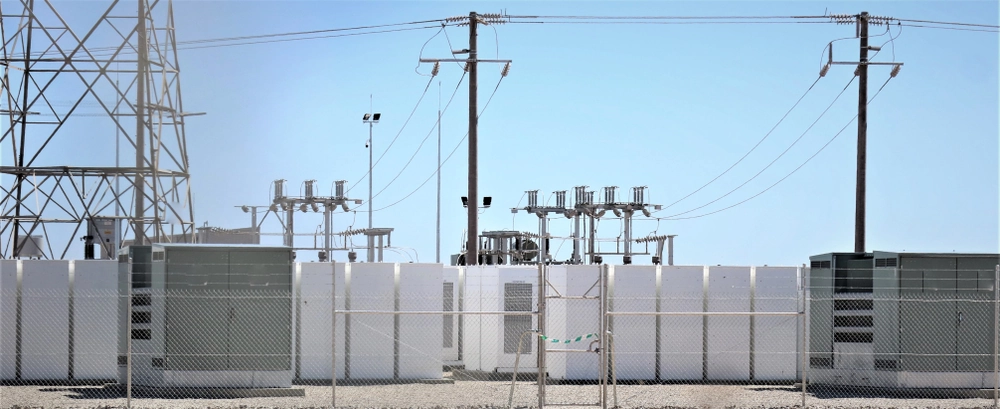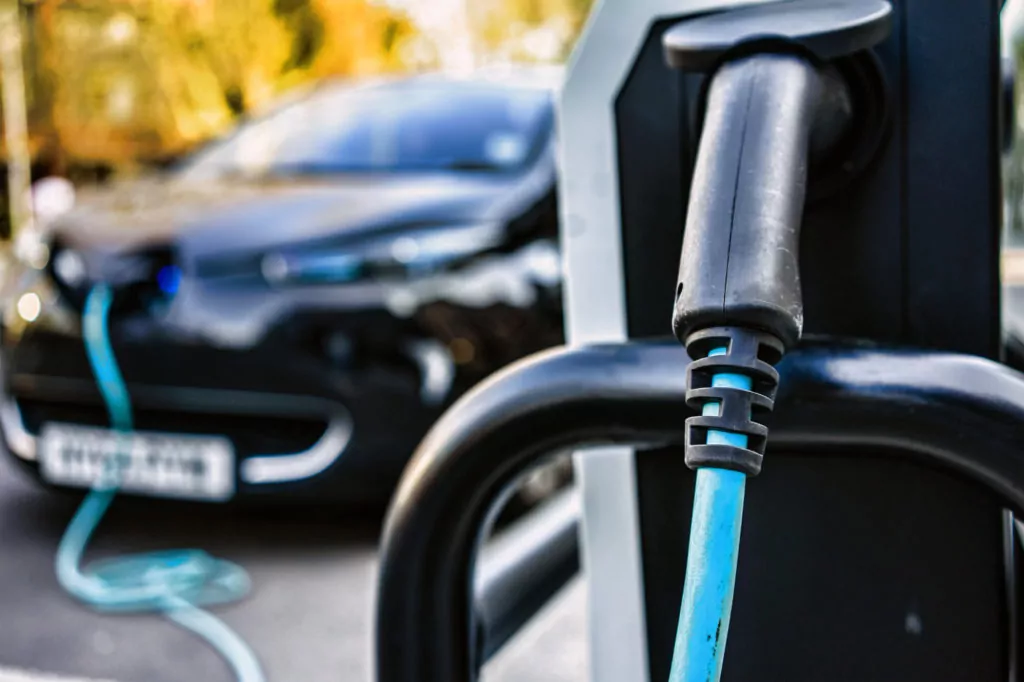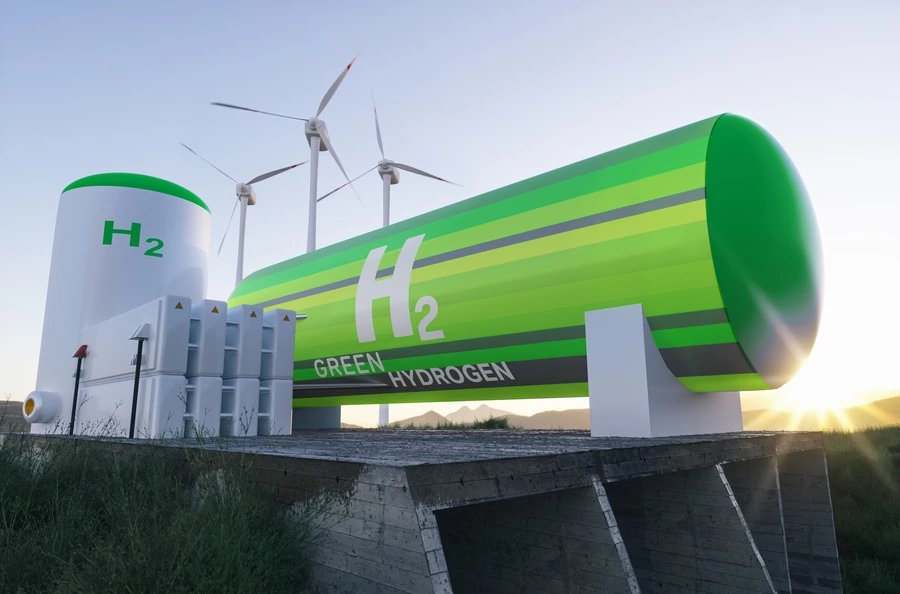
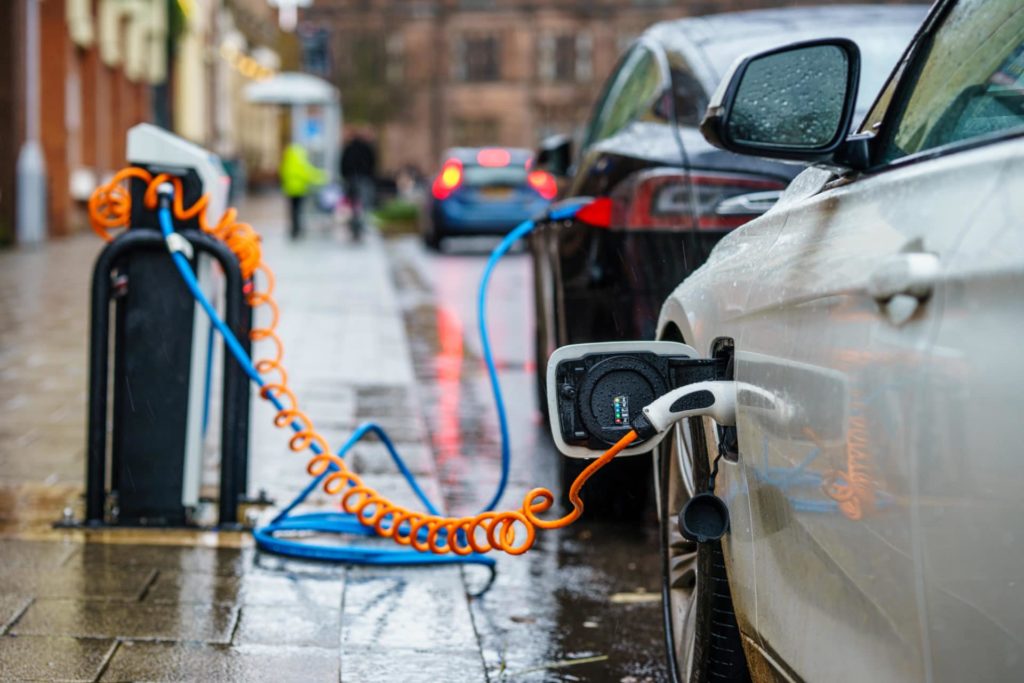
Last month our Energy Team attended Solar and Storage Live 2021, and this year's event brought together the Solar, Storage and EV industries to power the energy system of the future, we were delighted to be involved.
Not only were we one of the event's Kilowatt sponsors and exhibitors, enjoying the opportunity to catch up with a large number of our clients and contacts, we were also invited to chair key EV-related speaker panels including:
- Chris Pritchett, discussing Charging Point Manufacturers View on What is Needed to Accelerate EV Charging Point Rollout (ChargeEV)
- Kutahya Cherry, speaking on a panel focused on On-Street Charging: Forefront of Charging Innovation (ChargeEV)
Read below what our experts considered the key takeaways from these sessions:
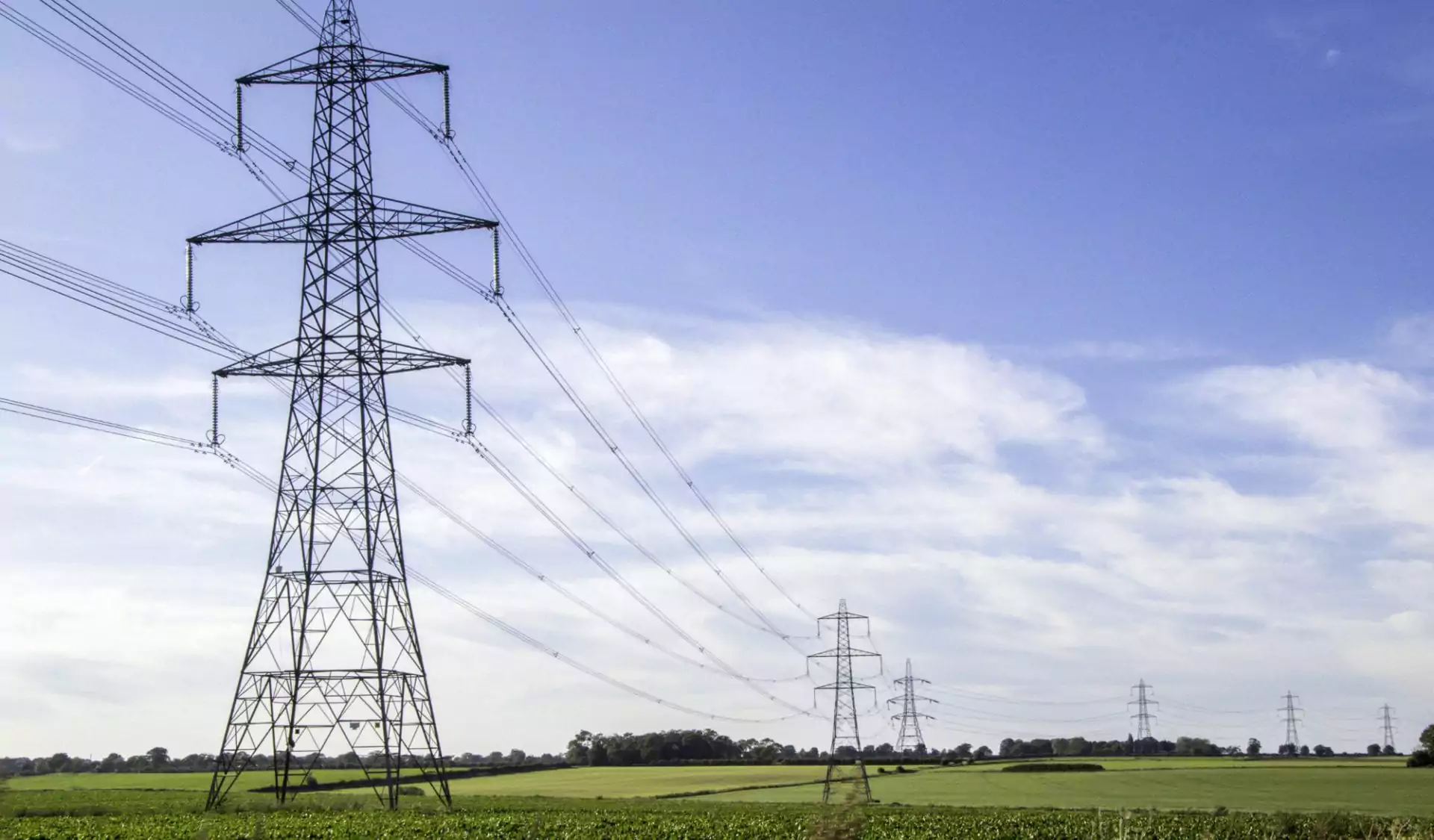
Discussing charging point manufacturers views on what is needed to accelerate EV Charging Point rollout
Partner and Head of Energy and Mobility, Chris Pritchett was part of the panel discussion which covered overcoming barriers to EV charging infrastructure deployment with the incomparable duo of Tanya Sinclair and James McKemey.
Plenty of insights were shared on the topic, but the key highlights and discussion points included:
- The Government’s recent announcements on mandatory charging points in new homes and refurbishments; whilst any policy progress is to be welcomed, the panel discussed whether it is the right thing for all new homes to have their own chargers, or whether having the necessary cabling pre-installed was the more sensible approach to avoid over-provision and obsolescence.
- The significant cash available to improve grid access for motorway and highway en-route charging, discussing who would be the main recipients of these funds, and how this will influence a very dynamic CPO/MSA market (chargepoint operators/motorway service area).
- The challenge of urban and off-street charging; there is no right answer – lamp post or other on street furniture, community hubs, or just use the fast chargers at an EV filling station down the road. The issue with the latter is cost impact – i.e. those with a driveway can charge at 15p per kwH, those without could pay up to 40p per kwH on rapid chargers elsewhere.
- The role of EV in rural connectivity. Recognising that cars are still the predominant form of transport in rural areas but looking at opportunity for car clubs (perhaps in community ownership), hub and spoke and last mile delivery options to bring things to people and not people to things. There is still a need for EV charging in a community setting and discussion of the potential role the NFU and farmers can play in supporting or partnering with mobility operators.
Chris commented: “The 40 minutes flew by (for me at least), with great insight from the panel and an excellent contribution from Jonathan Scurlock, too.”

Discussing charging point manufacturers views on what is needed to accelerate EV Charging Point rollout
The panel included Kutahya Cherry, Managing Associate in our Energy team as well as Aaron Berry from Office for Low Emission Vehicles, Ian Mackenzie from Trojan Energy, Alastair Mumford from Bristol City Council and Greg Payne from Cenex.
Here's a summary of the key insights from the engaging panel session.
The panel kicked things off with clarifying why on-street parking was needed, Kutahya explained that it is because there will be zero sales on new combustion engines by 2030 resulting in an increase in demand for EV charging.
Aaron Berry and Ian Mackenzie echoed Kutahya by stating that a two thirds of people don’t have off-street parking and that this plan means we are trying to replace £1 billion worth of petrol/diesel ran machines per year, plus the need for on-street parking is that the general public will want to be in close proximity to charging facilities.
The panel was asked what on-street parking might look like and how many charging points do they think the UK will need?
Greg Payne stated that Modelling (National Charge Point Register) suggests 20k points will be needed in UK by 2025, and this means that we will need 165,000 connectors, resulting in 450,000 connectors by 2030 and 1.5million connectors by 2040, this is not accounting for private connectors in people's driveways.
In response to what on-street parking might look like the panel agreed that gathering comments from sustainability/transport consultants would be important and essential to getting this right. Also, that those involved in building the infrastructure would have to work on giving councils guidance to support them and that we could see some streets with smaller rows of charge points, some with bay or car parks with points. Ultimately the experts agreed that this should be integrated into current streetscape to avoid clutter, keeping the UK's streets looking clean and seamless.
To conclude, the panel discussed potential challenges that on-street parking faces - their insights into the challenges included:
- Ian Mackenzie – "Finding ways to work with councils and finding the right people."
- Alastair Mumford – "Councillors and residents demanding charge points but the need to make critical decisions around streets."
- Greg Payne – "Identifying strategically all the right locations in the UK that need these points (use tech to map where points are needed - e.g. is there a driveway on these streets? Would rapid charging hub down the road suffice?); need to address balance between those who have driveway and those who don't and have to rely on hubs."
- Aaron Berry – "Moving on from industry-led approach, most on-street points taxpayer subsidised, need to move away from high level of public subsidy."
Summary
Once again, we thoroughly enjoyed the opportunity to be involved with this event and over the three days connect with attendees who visited our exhibition stand, get involved with the panel sessions and gain fantastic insights from the wide range of speakers at the sessions we attended.
Find out more about all the speakers and sessions that took place at Solar Storage Live 2021 and register for 2022 via the event website.




